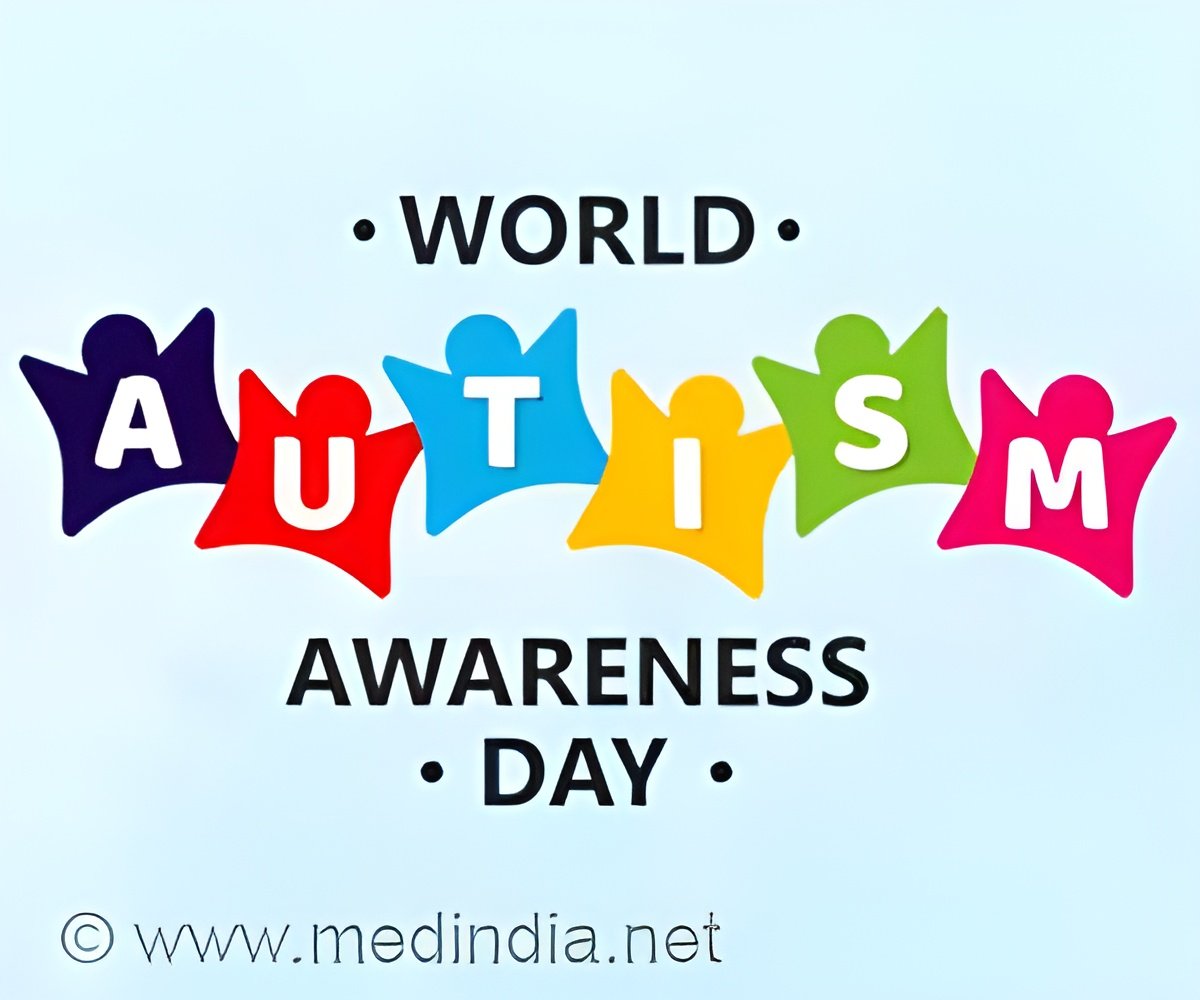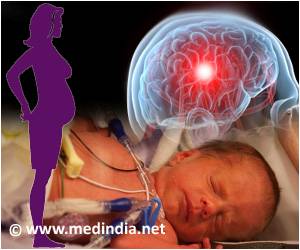Every April 2, World Autism Awareness Day is commemorated to raise awareness, reduce stigma, and show support for individuals living with the condition.

Autism Spectrum Disorder
Go to source), commonly called autism, is a neurodevelopmental condition characterized by differences in brain development in children.
TOP INSIGHT
Individuals with ASD often face difficulties in social interactions and interpreting communication cues, both verbal and nonverbal. #autism #ASD #autismawareness
Understanding the Multifactorial Influences on Autism Spectrum Disorder (ASD)
While no single cause has been identified for ASD, research points to a combination of genetic, environmental, and developmental factors that may contribute to its onset. Dr Aabha Bhalerao, Consultant Gynecologist, Ruby Hall Clinic, Pune, told IANS that advanced parental age, prenatal exposure to certain medications like valproic acid, exposure to environmental toxins such as heavy metals and pesticides, nutritional factors like inadequate folic acid intake, maternal health conditions like diabetes and obesity, premature birth, and birth complications, are all major factors for the development of autism.In addition, maternal health conditions such as gestational diabetes or hypertension can impact the risk of autism in children. Complications during childbirth, such as prematurity or birth injury, oxygen deprivation, or fetal distress, can also contribute to the risk. “It’s important to note that having one or more of these risk factors does not guarantee that a child will be diagnosed with autism. Likewise, many children who develop autism may not have been exposed to these factors. Autism spectrum disorder is likely the result of a complex interplay of genetic predisposition and environmental influences,” Dr Aabha said.
The treatment majorly includes speech therapy, social skills training, and applied behavior analysis (ABA).“Through utilizing the neuroplasticity of the brain in the beginning stages, early intervention helps develop skills, reduces difficulties, and ensures long-term success,” Dr Vipul said, noting that it can enable patients to “navigate everyday life and promote their independence, inclusion, and fulfilment.”
Reference:
- Autism Spectrum Disorder - (https://www.nimh.nih.gov/health/topics/autism-spectrum-disorders-asd)
Source-IANS
 MEDINDIA
MEDINDIA




 Email
Email







